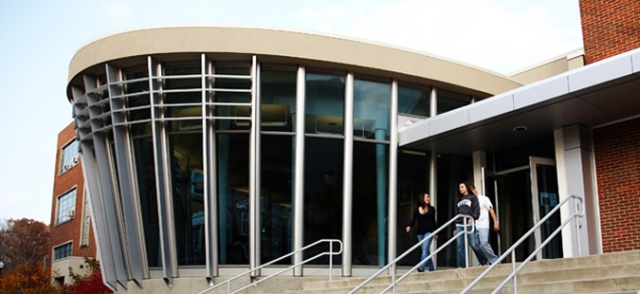Title
Precision-Engineering the Pseudomonas aeruginosa Genome with Two-Step Allelic Exchange
Document Type
Article
Publication Date
10-2015
Publication Source
Nature Protocols
Abstract
Allelic exchange is an efficient method of bacterial genome engineering. This protocol describes the use of this technique to make gene knockouts and knock-ins, as well as single-nucleotide insertions, deletions and substitutions, in Pseudomonas aeruginosa. Unlike other approaches to allelic exchange, this protocol does not require heterologous recombinases to insert or excise selective markers from the target chromosome. Rather, positive and negative selections are enabled solely by suicide vector–encoded functions and host cell proteins. Here, mutant alleles, which are flanked by regions of homology to the recipient chromosome, are synthesized in vitroand then cloned into allelic exchange vectors using standard procedures. These suicide vectors are then introduced into recipient cells by conjugation. Homologous recombination then results in antibiotic-resistant single-crossover mutants in which the plasmid has integrated site-specifically into the chromosome. Subsequently, unmarked double-crossover mutants are isolated directly using sucrose-mediated counter-selection. This two-step process yields seamless mutations that are precise to a single base pair of DNA. The entire procedure requires ~2 weeks.
Inclusive pages
1820–1841
ISBN/ISSN
1754-2189
Copyright
Copyright © 2015, Macmillan Publishers
Publisher
Macmillan Publishers
Volume
10
Peer Reviewed
yes
Issue
11
eCommons Citation
Hmelo, Laura R.; Borlee, Bradley R.; Almblad, Henrik; Love, Michelle E.; Randall, Trevor E.; Tseng, Boo Shan; Lin, Chuyang; Irie, Yasuhiko; Storek, Kelly M.; Yang, Jaeun Jane; Siehnel, Richard J.; Howell, P. Lynne; Singh, Pradeep K.; Tolker-Nielsen, Tim; Parsek, Matthew R.; Schweizer, Herbert P.; and Harrison, Joe J., "Precision-Engineering the Pseudomonas aeruginosa Genome with Two-Step Allelic Exchange" (2015). Biology Faculty Publications. 212.
https://ecommons.udayton.edu/bio_fac_pub/212
COinS




Comments
Permission documentation is on file.